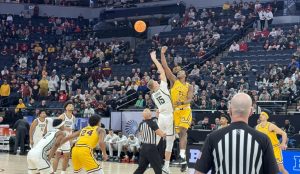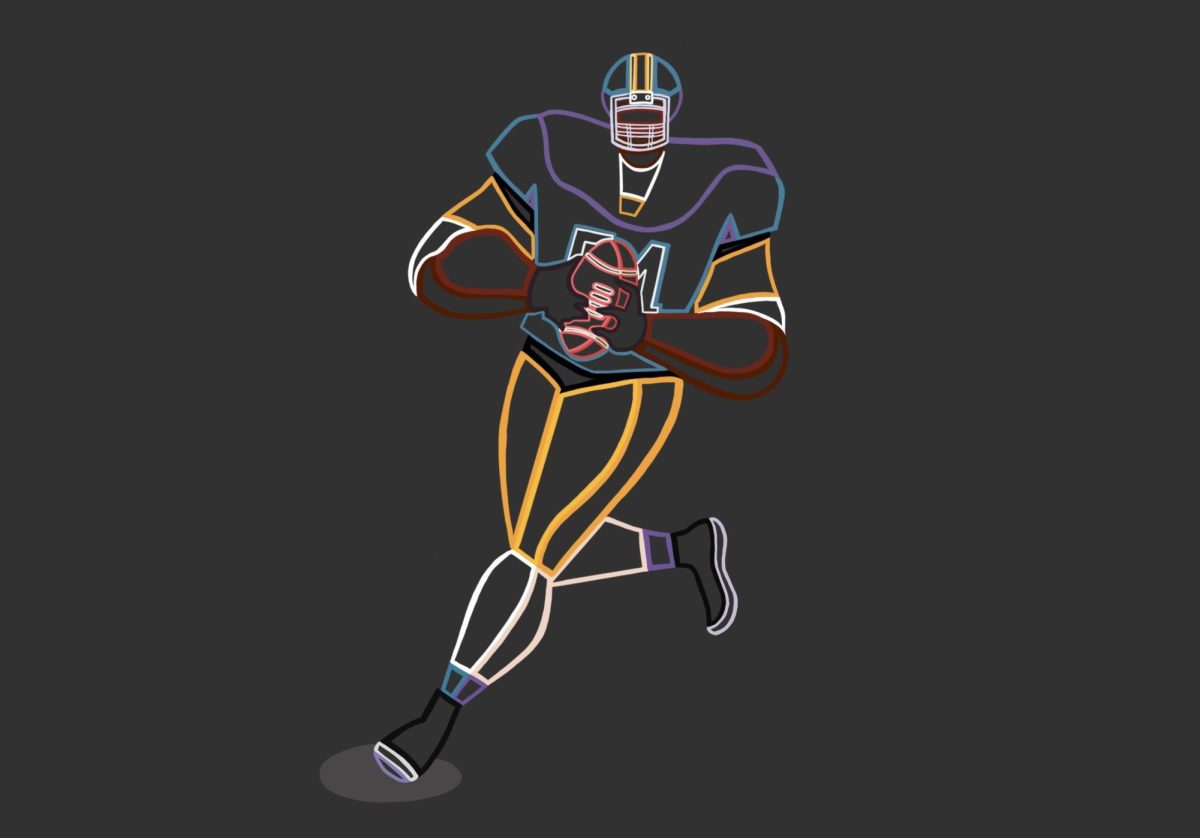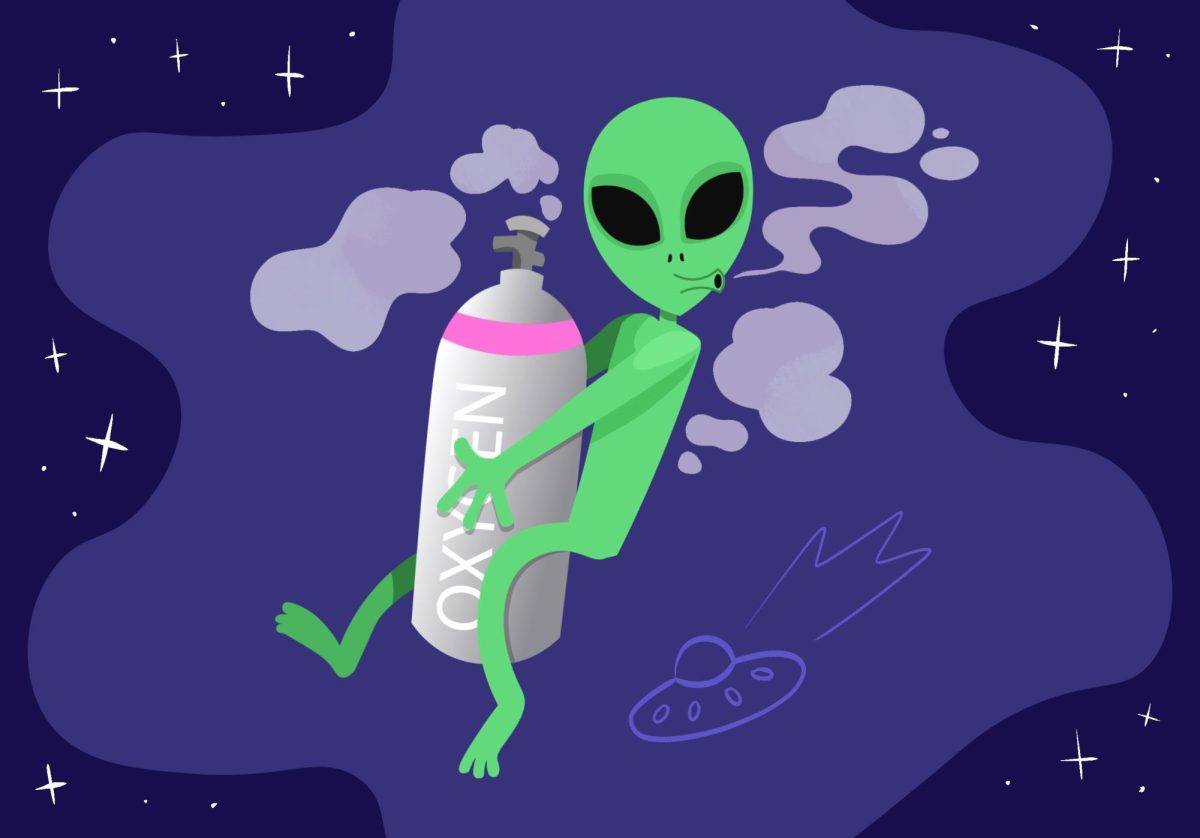Watching your favorite sports team lose can be a frustrating experience. Fans who have taken time out of their day or money from their paychecks to support their favorite team feel betrayed and heartbroken when their team does not perform in the way that was expected.
Some fans will take this negative experience and push it aside to try and remain hopeful for the next game, but others will take their pain and project it onto those they feel are to blame: the players.
There has been frequent conversation about racism in sports, but the discussion always seems to be centered around the organizations that run the teams rather than the fans who watch. It is easy to dismiss hateful rhetoric as passion or frame the people being called out as just a few bad apples.
When the Minnesota Vikings lost to the Philadelphia Eagles on Sept. 14, running back Alexander Mattison received racist messages from fans who blamed him for the outcome of the game. Mattison posted images of the messages on Instagram and released a statement urging people to remember he is a person under the helmet and this racial abuse is unacceptable.
The Vikings and the NFL also released statements condemning the racist behavior and supporting Mattison.
“Black athletes always get this kind of stuff in their social media and hate mail, but I think it’s kind of intensified and became easier because of fantasy sports,” Douglas Hartmann said, a sociology professor specializing in race and sports studies. “Because people get so personally attached to their teams and their players, they take it so personal, when those failures happen that they feel empowered and just not cautious at all about what they say.”
Athletes of color, specifically Black athletes, are expected to take every racist interaction on the chin. They are meant to accept these behaviors as part of the trade-off for success in their field.
Black success in the sports realm comes with strings and limitations. Black athletes are expected to act in ways that are acceptable to white norms while remaining silent about any issues that arise. This expectation comes from the owners of these leagues as well as the fans who project their fantasies about ownership and social control onto the players, according to Hartmann.
Releasing a statement in response to bad fan behavior is a common practice in the world of sports. The organizations will release statements to let people know that this sort of behavior is wrong and then move on. There are few instances where punishment is doled out, therefore ensuring the continuance of such abhorrent actions by fans.
The media is guilty of this as well, handling racist fan behavior as a headline rather than a real issue. The news cycle refreshes quickly and writers are expected to continue to push out stories to ensure they do not miss an ounce of content. The lack of accountability for fans can therefore be partially attributed to the lack of substance given to the matter.
It is not just American football fans who are guilty of hurling racially charged language at athletes of color, but also baseball, soccer, basketball and cricket fans.
Vinicius Junior, a Brazilian who plays for the soccer club Real Madrid, has been subjected to racist and aggressive behavior by fans in Spain. An effigy of the young player was hung from an overpass near the training ground in Madrid with a rope tied around its neck. While federations have the power to sanction teams for fan behavior, they are slow to enact this power in response to racial abuse of players.
The hesitation surrounding placing blame on fans is all about power and money. Fans who watch feel they have a right to be critical of their sports teams, and those who are racist feel they can express those beliefs because their viewership ensures the continuation of the sport. The fans have the real power and that power has not been given limitations.
The Boston Red Sox have taken a step towards changing this norm. Red Sox President Sam Kennedy has expressed the team is considering harsh punishments for fans who racially attack the players, one of those punishments being a lifetime ban. Many baseball players have come to expect racially charged attacks from the fans in Boston, but if this ban is enforced, fans will have no choice but to adapt to the standards being set.
Racism has not disappeared in the world of sports. Fans help perpetuate and enforce racial stereotypes and abuses within the system, and without real restrictions, there will never be change. It is easy to point fingers at the people in charge for not doing enough, but the power lies at the feet of the fans.

















